Nobody can argue the unprecedented effect HBO’s Game of Thrones had on the television landscape. Right from its first episode, the adaptation of George R.R. Martin’s acclaimed (and STILL unfinished) series, ‘A Song of Ice and Fire,’ became one of the most popular and celebrated TV series of all-time. It dominated ‘watercooler talk’ and, as our society progressed, it equally dominated social media. As expected with any gargantuan commercial success, TV networks and streaming sites have been desperate to replicate the phenomenon, with dozens of new TV shows being pushed as the “new Game of Thrones!”
But what does it actually mean to be the next Game of Thrones, have other series had the same popularity and we just haven’t noticed, and could the next mammoth TV event be much closer than we actually think?
Firstly, what does it actually mean to be the next Game of Thrones, because each distributor seems to have a different idea. The most common, and laziest example of companies attempting to produce the next Game of Thrones is finding a popular book series (almost always in the fantasy genre) and throwing money at it, whilst employing a creative team who don’t quite understand the source material (that last detail isn’t a pre-requisite, but it sadly seems to be a common occurrence. Netflix is the biggest perpetrator of this methodology. While the streaming service is the host of genuinely massive, and genuinely successful series like Stranger Things – which is ironically closer to recreating Game of Thrones than their intentional attempts – they have also produced flop after flop in the search of commercial success. The biggest example is easily its adaptation of The Witcher series of books, which put Henry Cavill in a questionable white wig and unnecessarily altered the chronology and characters of the original story. Netflix have also tried with ‘low fantasy’ adaptations like Shadow & Bone, Cursed, and most recently Avatar: The Last Airbender. These attempts took a surface level evaluation of what made Game of Thrones popular (a pre-sold fantasy audience and mature themes) and tried to produce the same results with half the effort.
Related Post
The Witcher: An Adaptation That Hates Its Source Material
Despite an exceptional source material, Netflix’s The Witcher makes questionable changes to the original narrative.
Read More…It’s not just competitor platforms that have been trying to duplicate HBO’s success, the iconic network have also tried striking lightning twice. HBO’s attempts to recreate the success of Game of Thrones have, thankfully, been more inspired than Netflix’s. HBO looked beyond the realm of fantasy novels, thinking the next big hit would come from an adaptation of a new medium. And such, The Last of Us, adapted from Naughty Dog’s acclaimed video game franchise of the same name, was released in 2023. Unlike shows like The Witcher, HBO’s adaptation of The Last of Us was incredible, and was a brilliant adaptation of the game, even improving on the game in some aspects. Despite its amazing cast, writing, production design, CGI, and everything else not mentioned, The Last of Us still didn’t capture the attention of audiences in quite the same way as Game of Thrones. The Last of Us held pop culture in the palm of its hand as we waited between weeks for each new episode, but then, once the show was finished, its popularity rapidly declined, with audiences instantly searching for the next big thing.
That brings us to a massive issue in trying to recreate and find the next Game of Thrones… we don’t consume TV in the same way. The age of streaming, binge-watching, and social media has created a permanent sense of urgency for audiences to frequently be on the search for the next thing. How many shows release weekly on streaming services compared to the overwhelming quantity of shows that drop all at once, leaving audiences with too many episodes to watch at any one time. If The Last of Us released a decade ago, there is a good chance it would have garnered the same ‘watercooler talk’ as Game of Thrones famously monopolised, but consumer culture has changed drastically since Game of Thrones‘ pilot released way back in 2011. But we now live in a culture where a show will be the only thing on people’s minds whilst it is out, then as soon as it has finished, we forget it ever aired to move on to the next little fix.
The drastic overload in the quantity of TV being released every week has also created a new problem for networks attempting to recreate the success of Game of Thrones, it’s very rare that a group of people – be them friends, colleagues, or even family – are all watching the same thing. How many times have you gone to ask a friend what they thought of your new favourite show, only for them to say they’ve never seen it and try and ask you about something else, which you haven’t seen, and that pattern repeats again and again. It’s unlikely that we’ll ever see a show with such a monopoly over pop-culture as Game of Thrones had because of the unrelenting amount of TV available to us now.
And now for the elephant in the room. No fan of Game of Thrones can mention the show without stating how much they loathed the final season. Nearly 8 years of build up felt washed down the drain in the final episodes as characters made idiotic choices, continuity was continuously broken, and the showrunners were forced to sail the ship without a rutter (or in this case the next book from George R. R. Martin). The final season was famously so bad, many fans haven’t been able to rewatch the show since because they know how poorly it will end. The show’s poor ending killed its iron grip over pop-culture in an instant, and audiences felt betrayed by a show they’d loved for nearly a decade. This negative influence even bled over to the long awaited Game of Thrones prequel, House of the Dragon. The prequel was excellent and, in a world where Season 8 was good, its probable that House of the Dragon would have held a similar grip on its audience.
In their desperate attempt to recreate the success of Game of Thrones, production companies, streaming services, and distributors have forgotten what gave Game of Thrones its edge – originality. Think back on the last few years. What shows have actually had people talking? It’s not the incessant Game of Thrones clones. It’s the truly original stories. Shows like The Bear, Invincible, Better Call Saul, and Normal People have all let their individual quality speak on their behalf, and haven’t clamoured to synthetically recreate the natural phenomenon of Game of Thrones‘ success.
So… Is that it? Will there just definitively be no other shows like Game of Thrones? It is easy to just say yes, and there is always the chance that this phenomena will never happen again. But there is one show dominating the headlines, with almost every review prophetically proclaiming it as the ‘next Game of Thrones.’
Shogun, based on James Clavell’s epic of the same name has received overwhelmingly positive reviews from its early screenings and has the potential to dominate the TV landscape like Game of Thrones did. It also shares a lot of the same properties as Game of Thrones. It’s adapted from an internationally best-selling epic, with a cult-like following. It has a weekly release schedule, allowing for discussion between episodes. And, it features an incredible cast which includes Hiroyuki Sanada and Cosmo Jarvis. While many of the reviews have been calling it the next Game of Thrones, none of the show’s marketing has attempted to steer the narrative in that direction. Instead, all promotion has been focused on the show’s production quality, authenticity, and story. As a result, even if Shogun doesn’t reach the same levels of success that Game of Thrones did – and there is a reasonable likelihood that it won’t – it still has the potential to be one of the great TV events of the year, if not the decade.


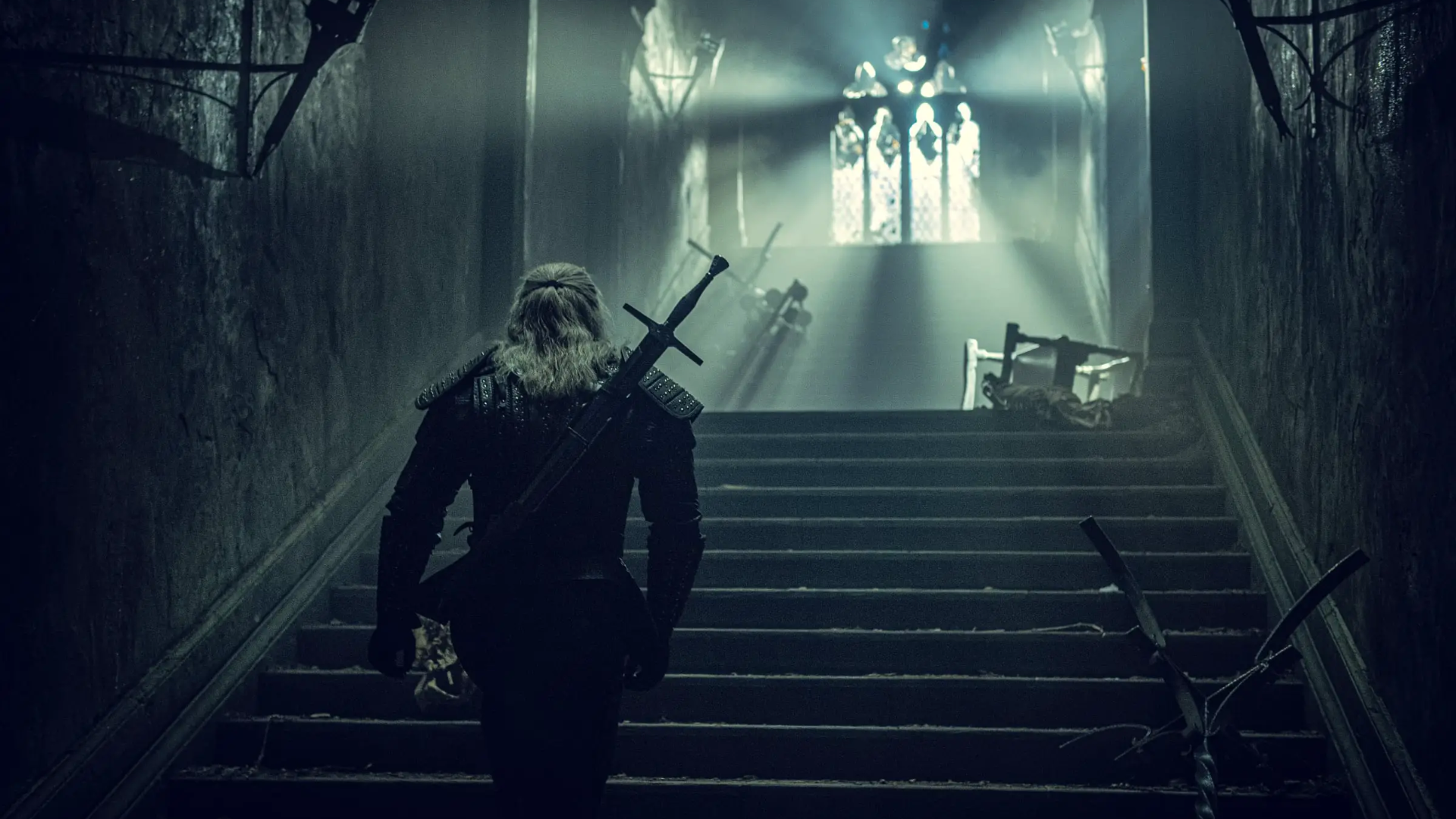




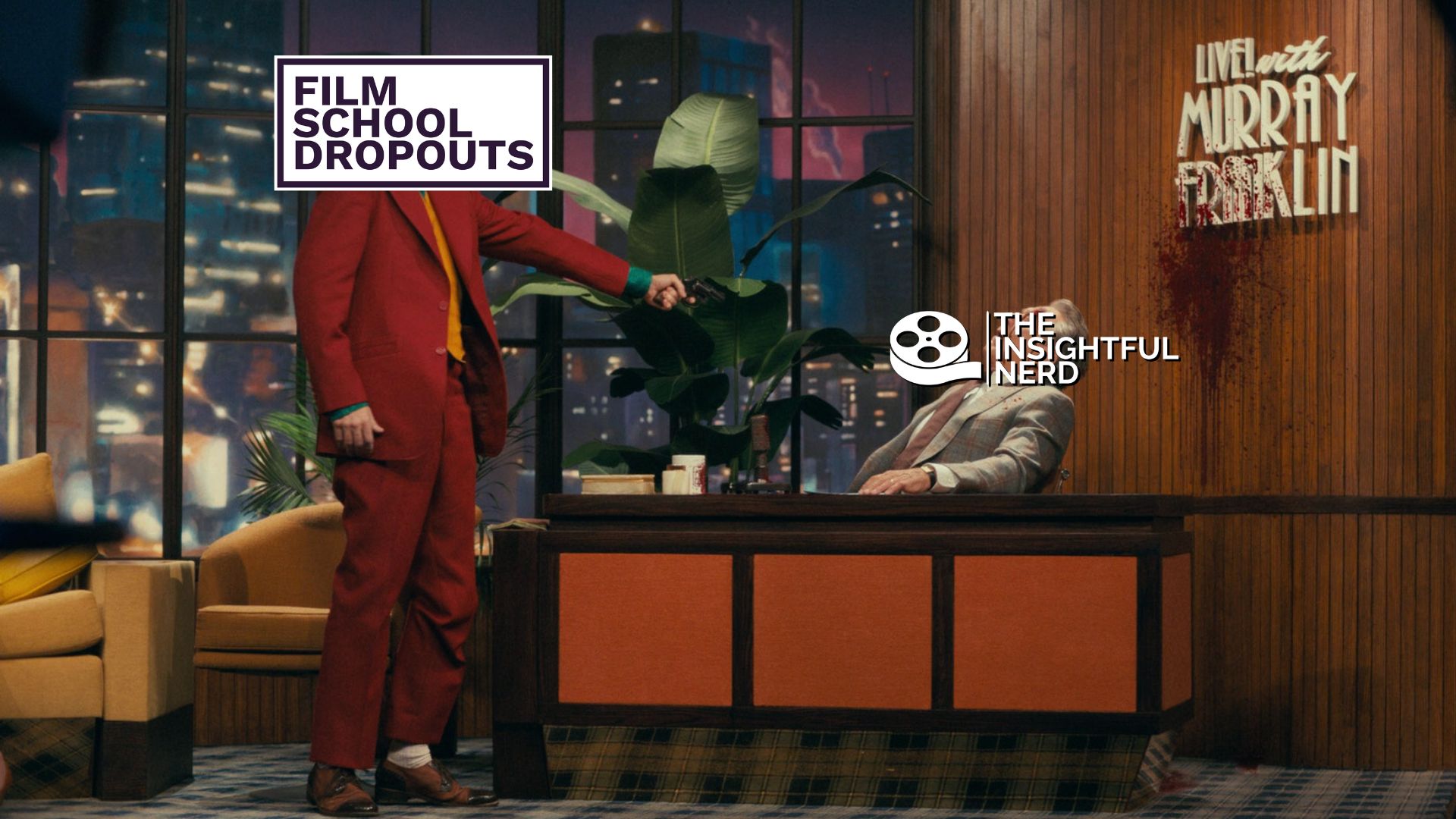

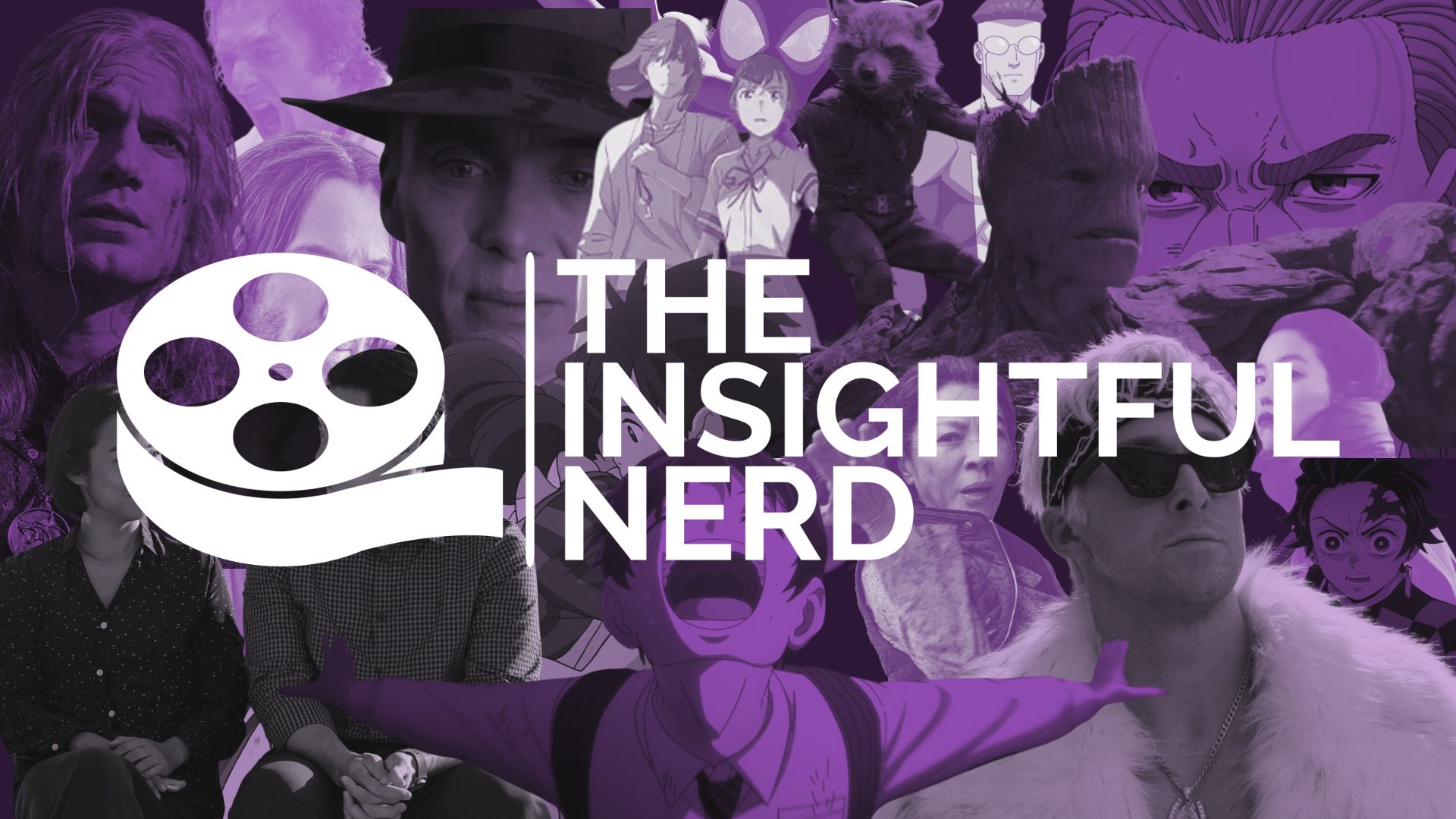






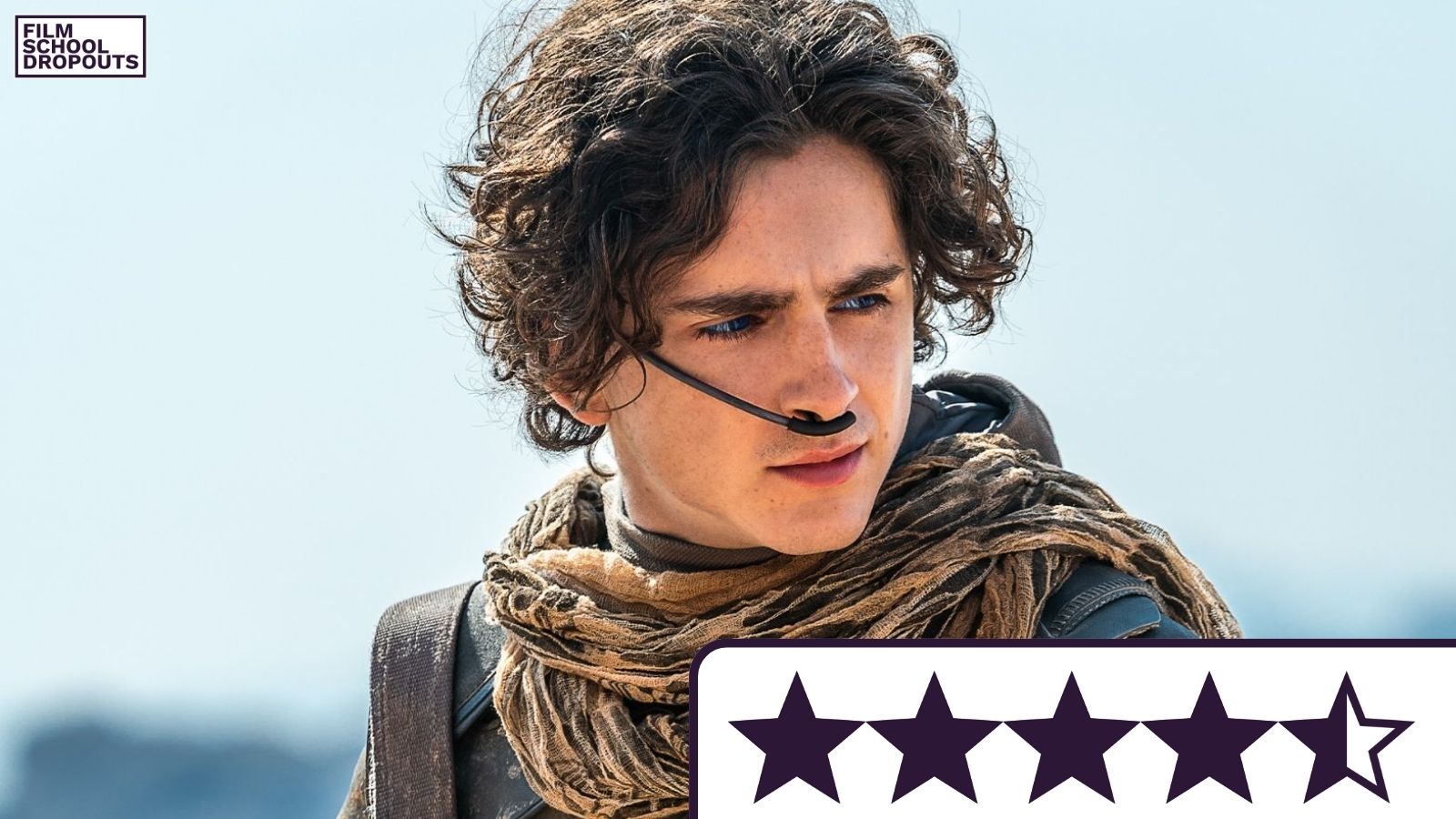

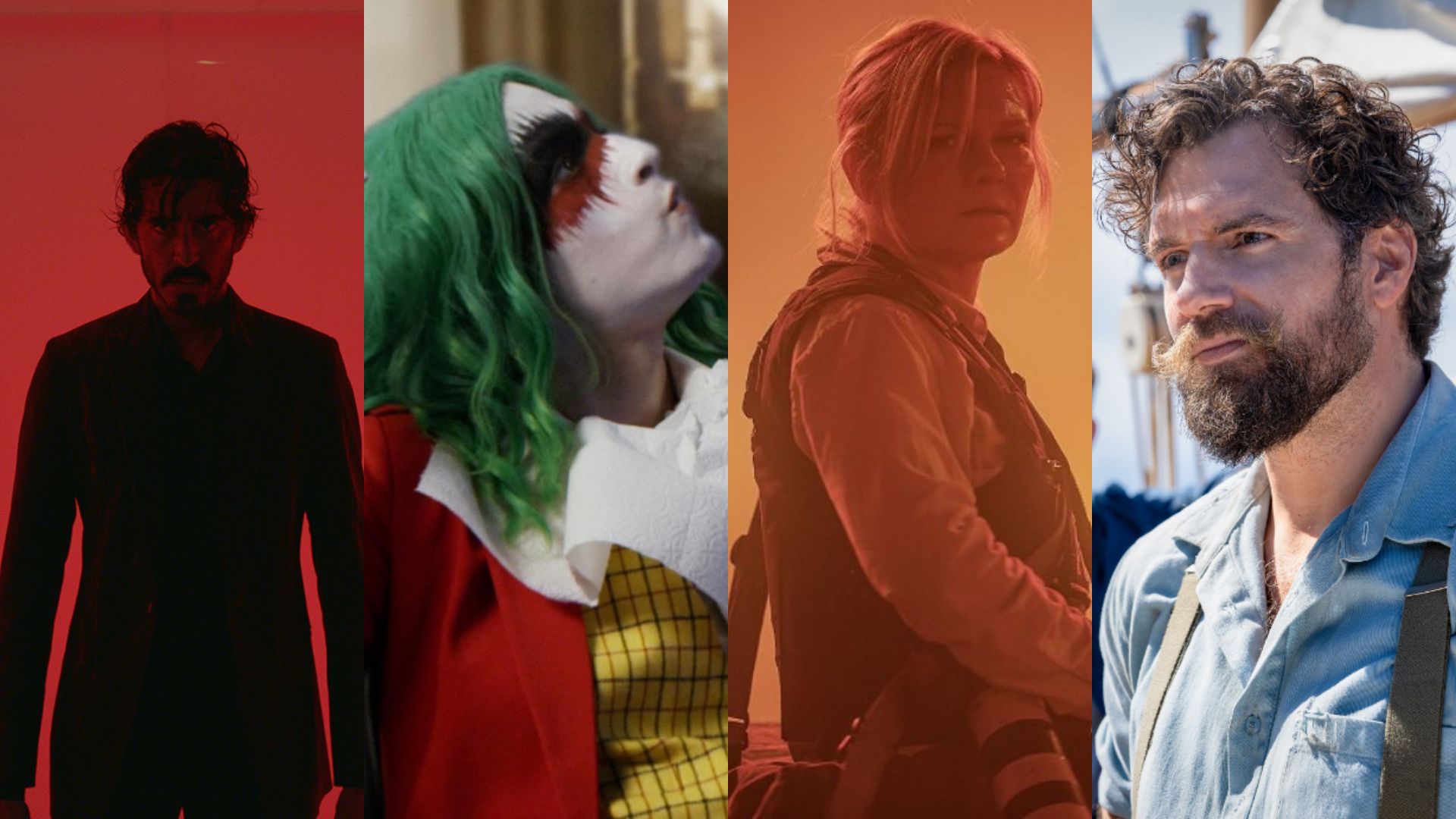
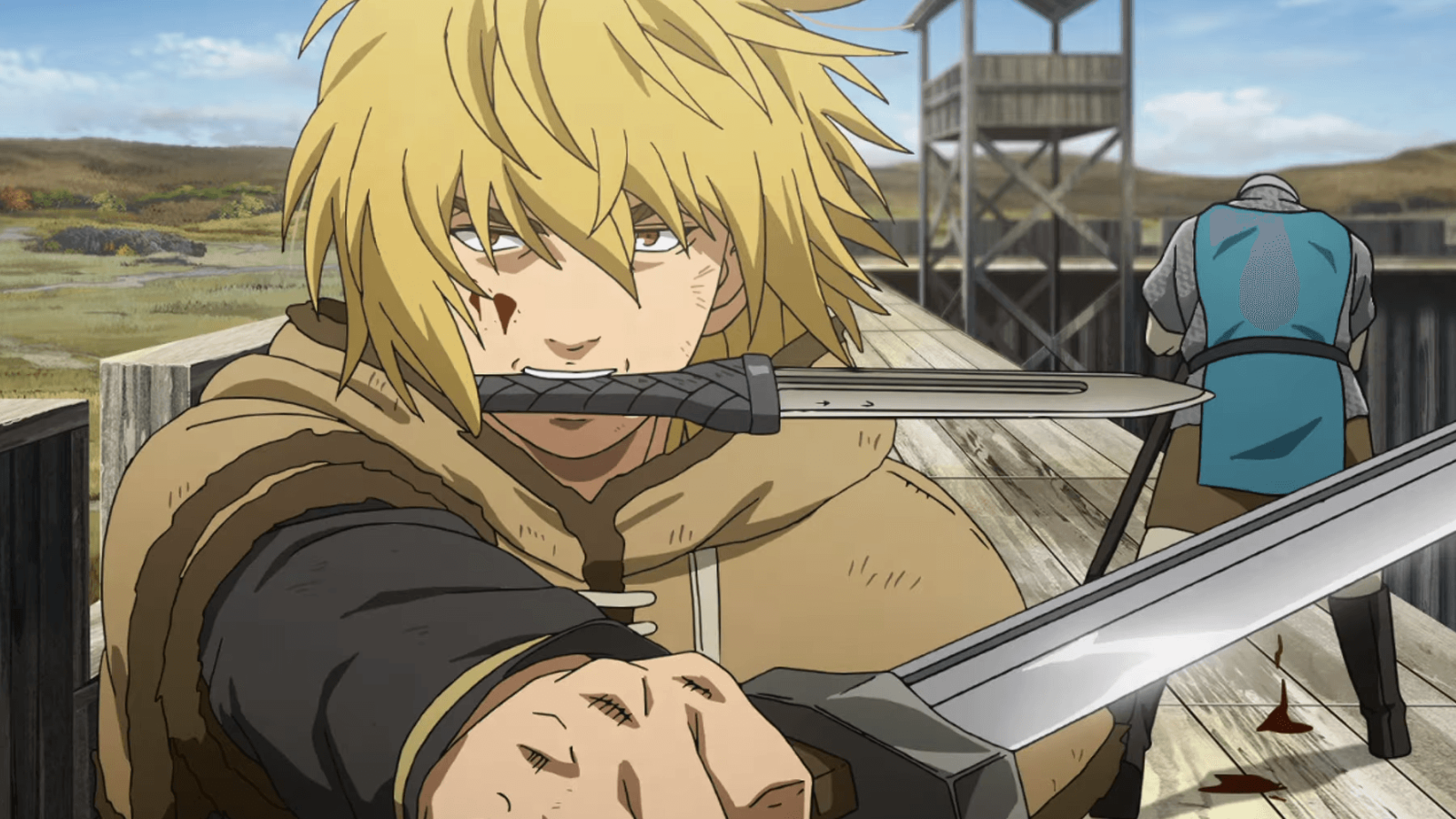
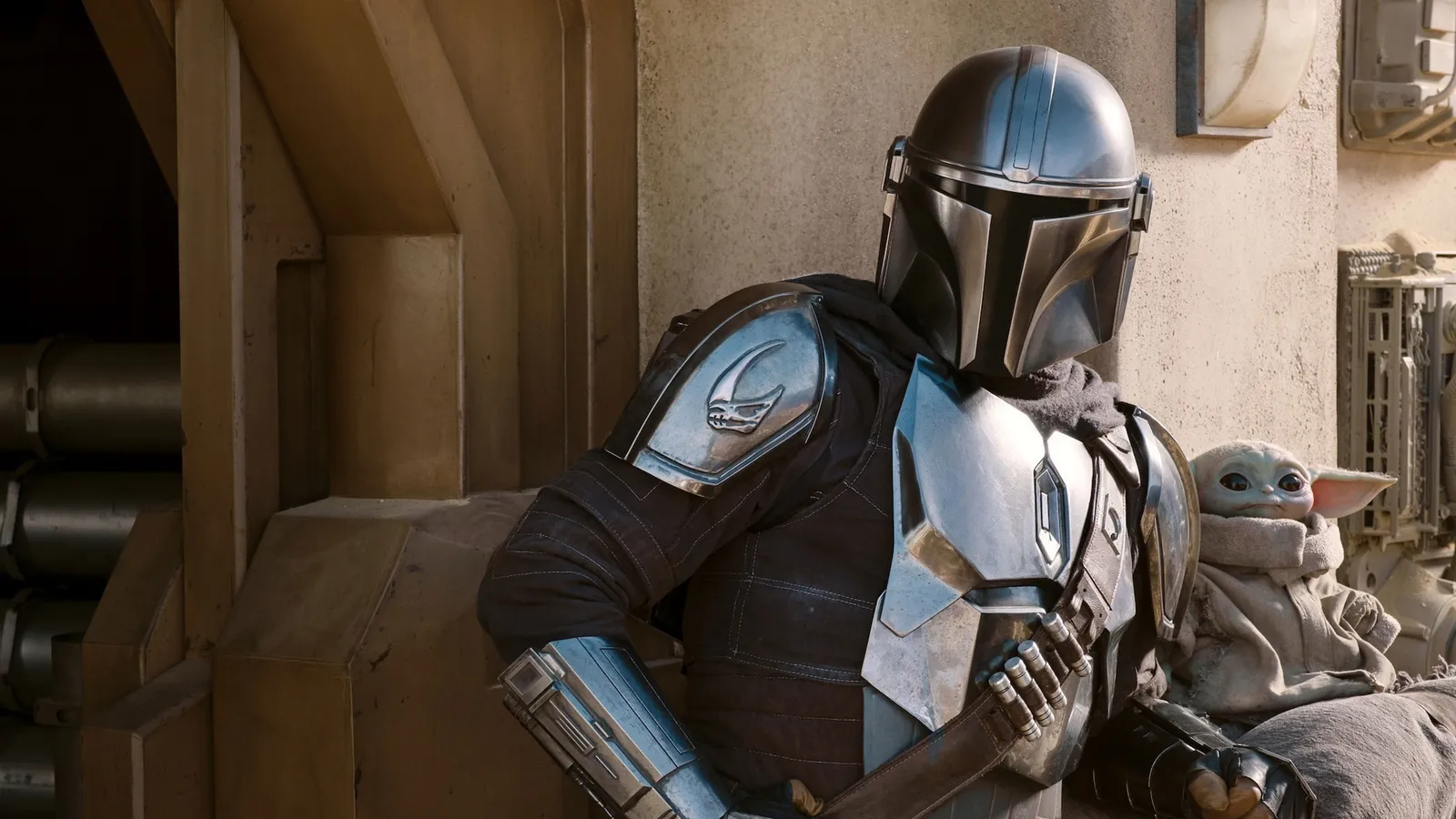

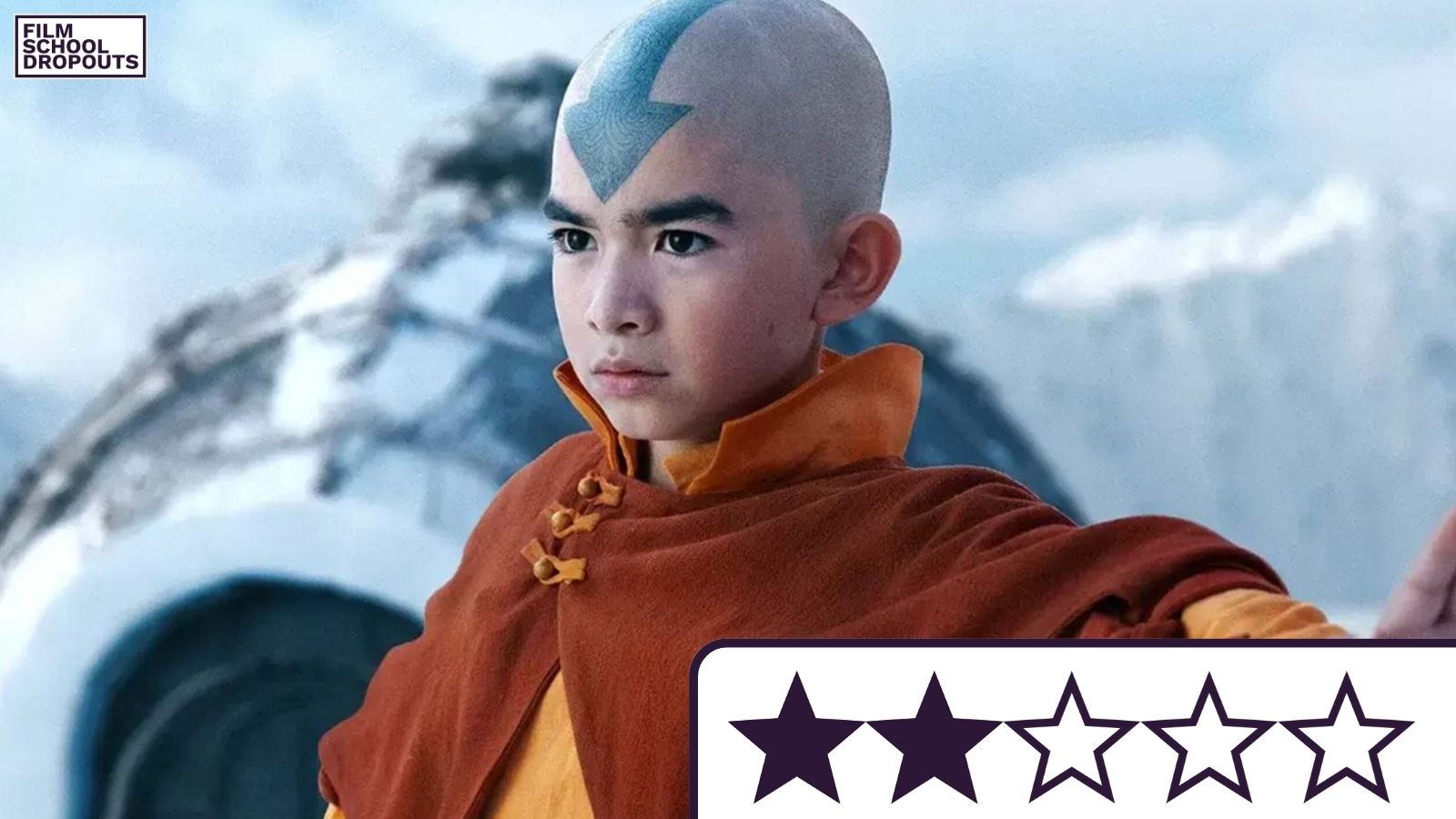
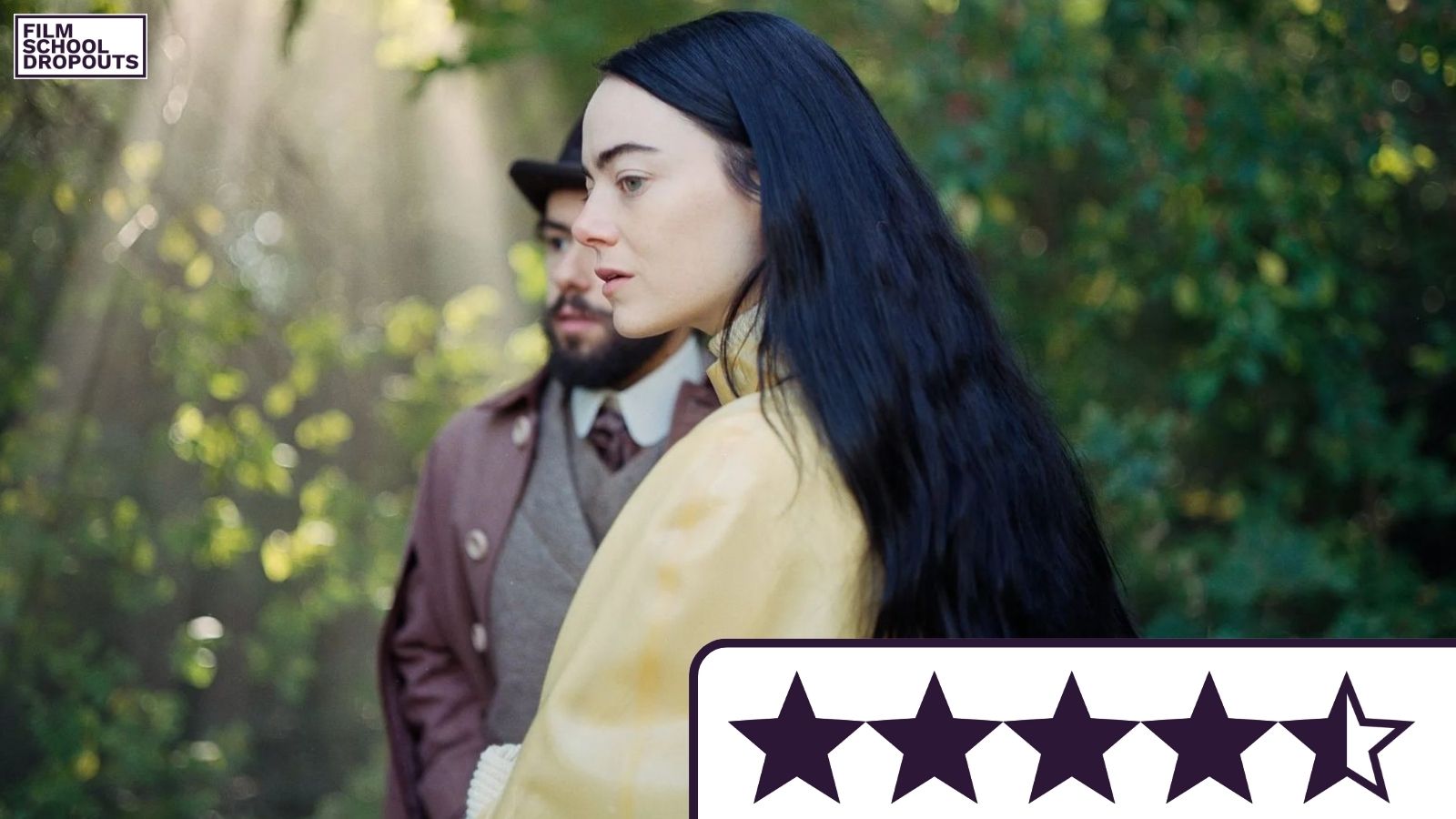
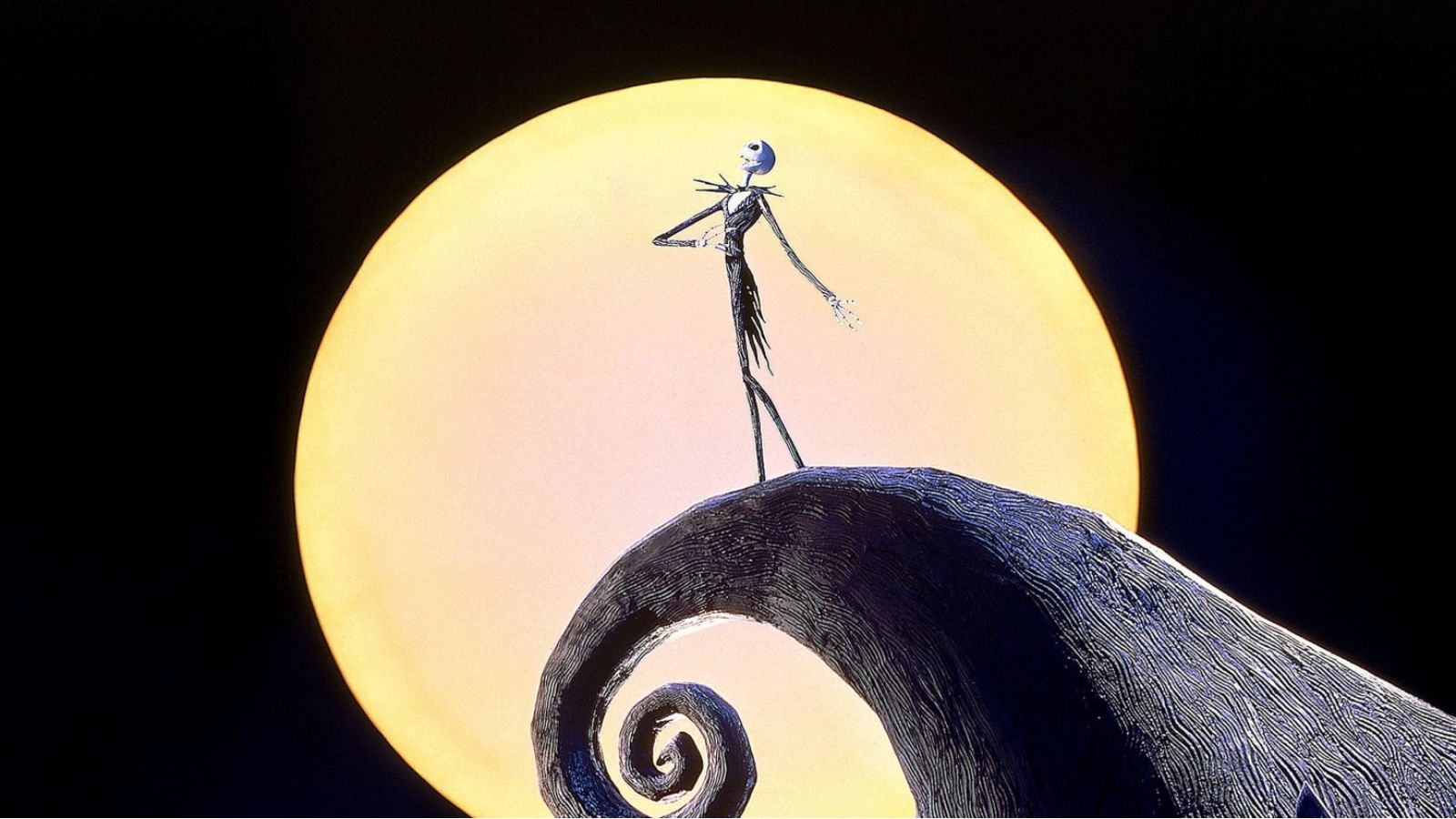
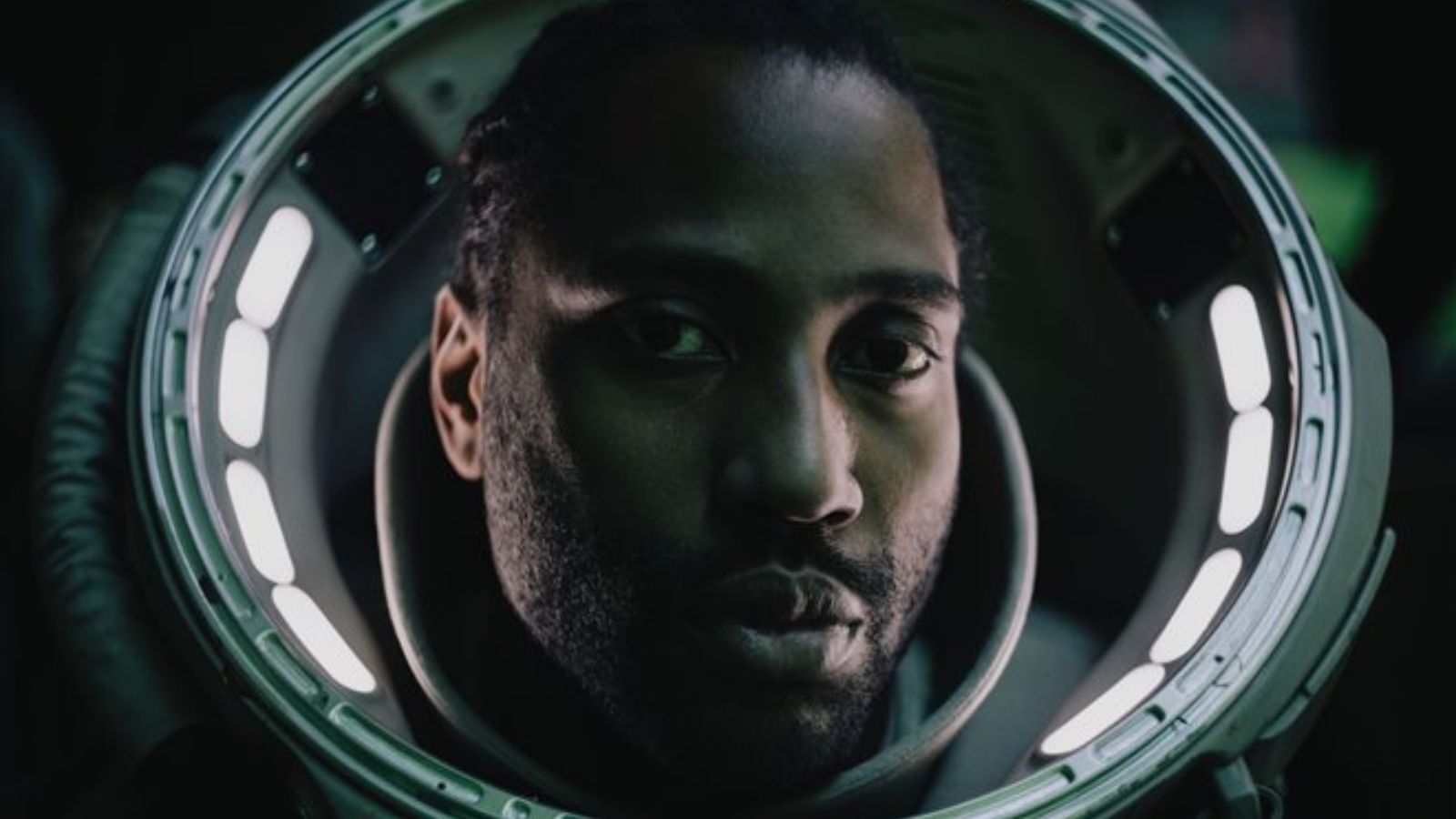
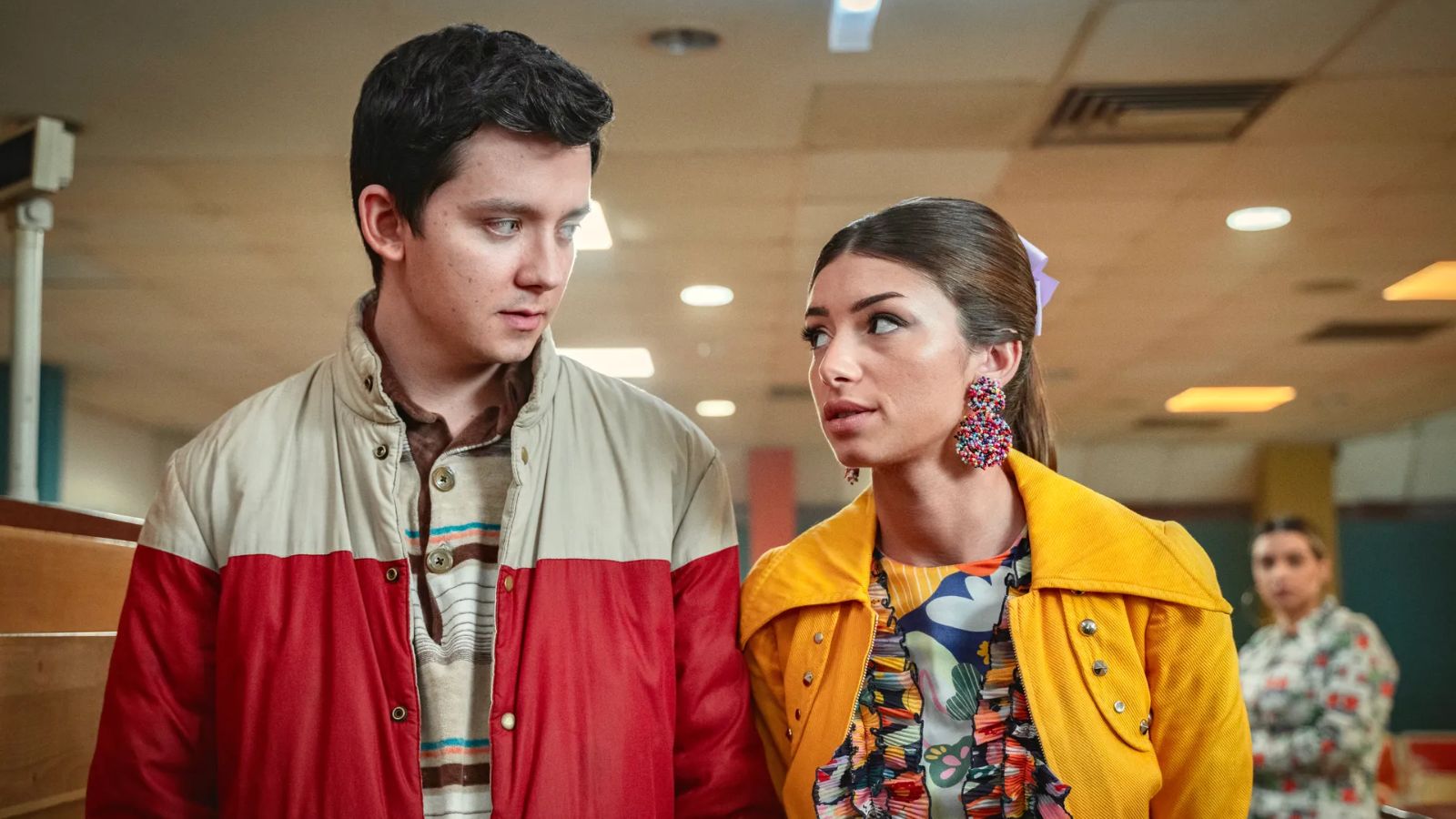
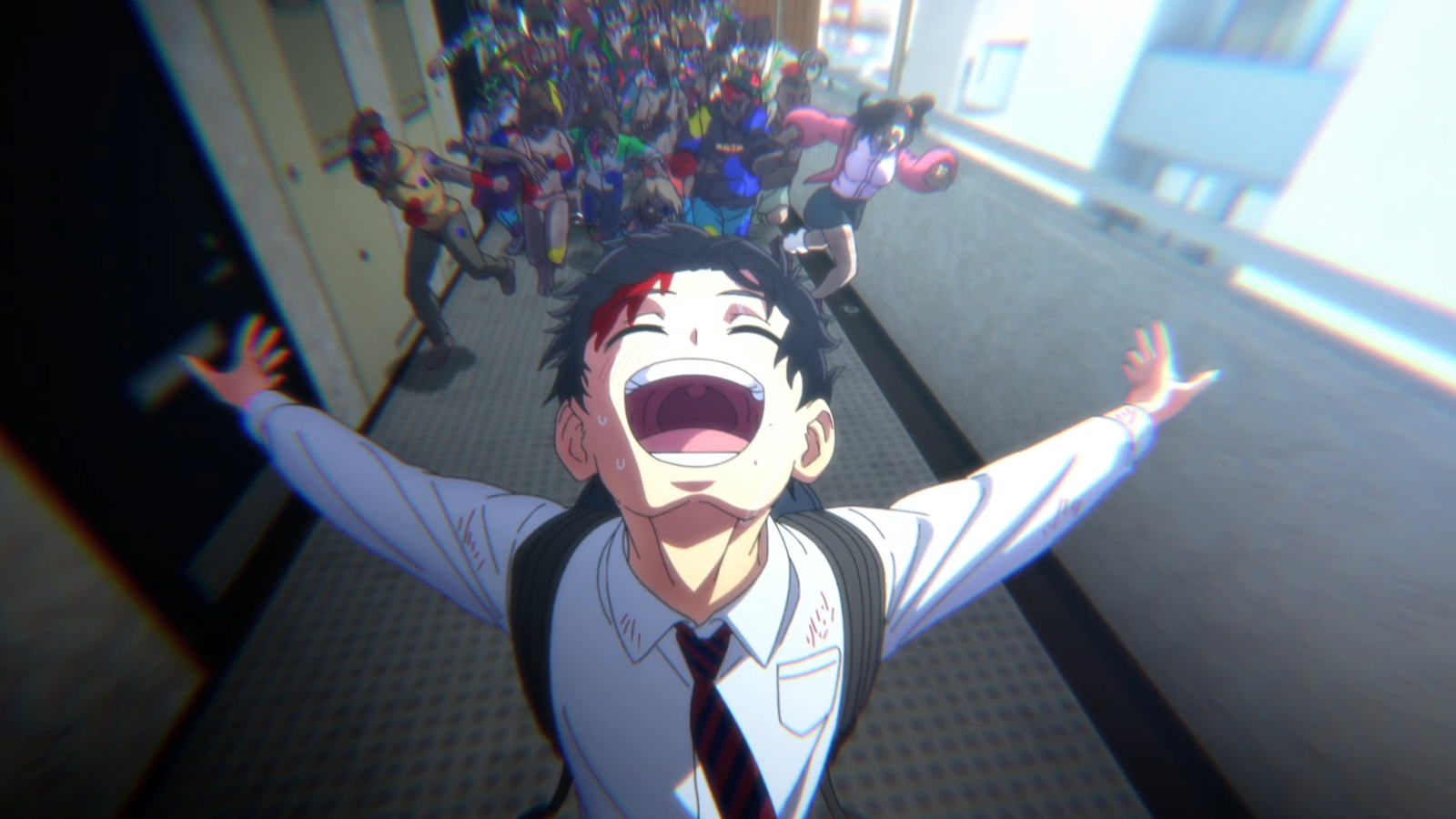

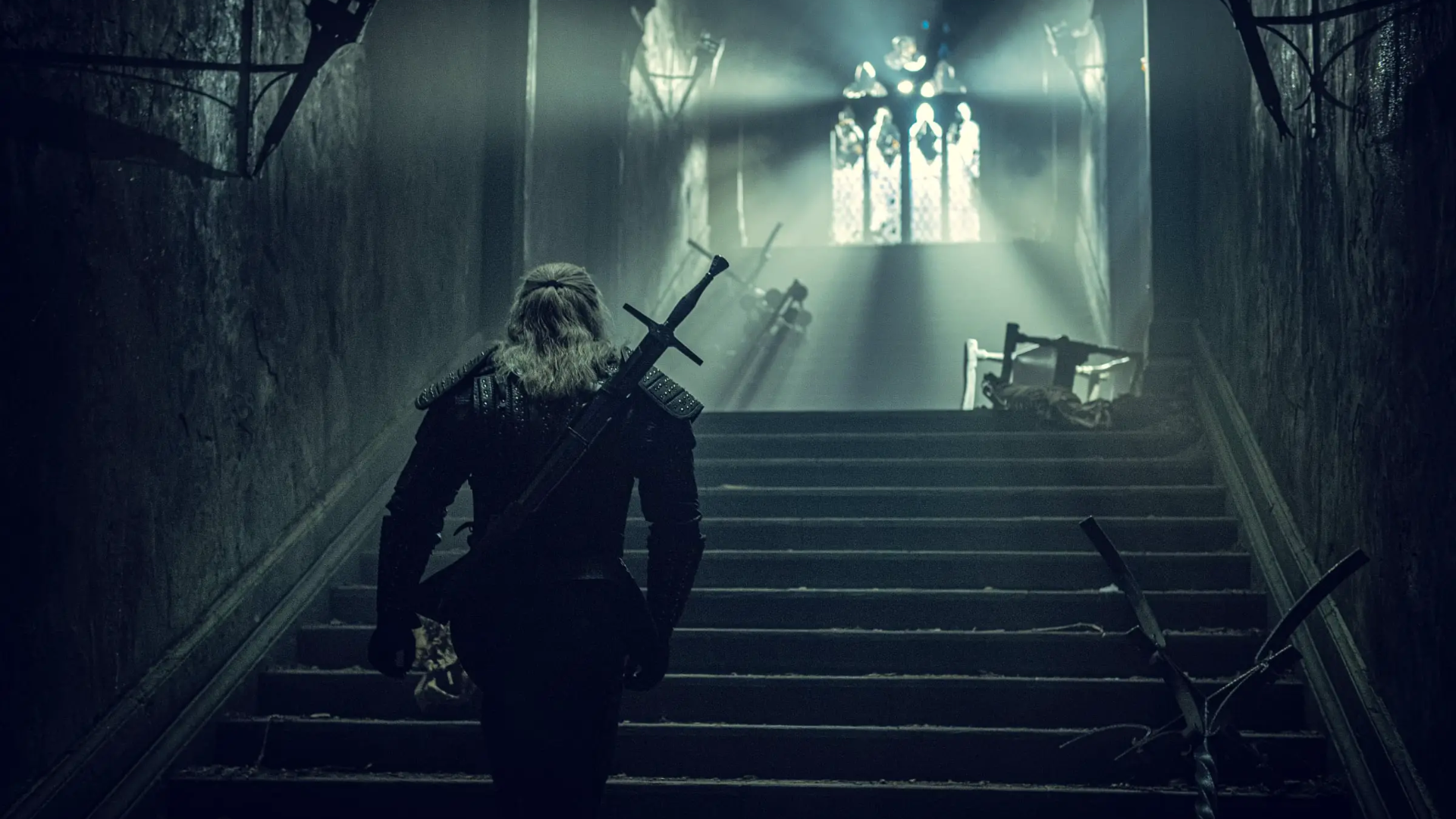


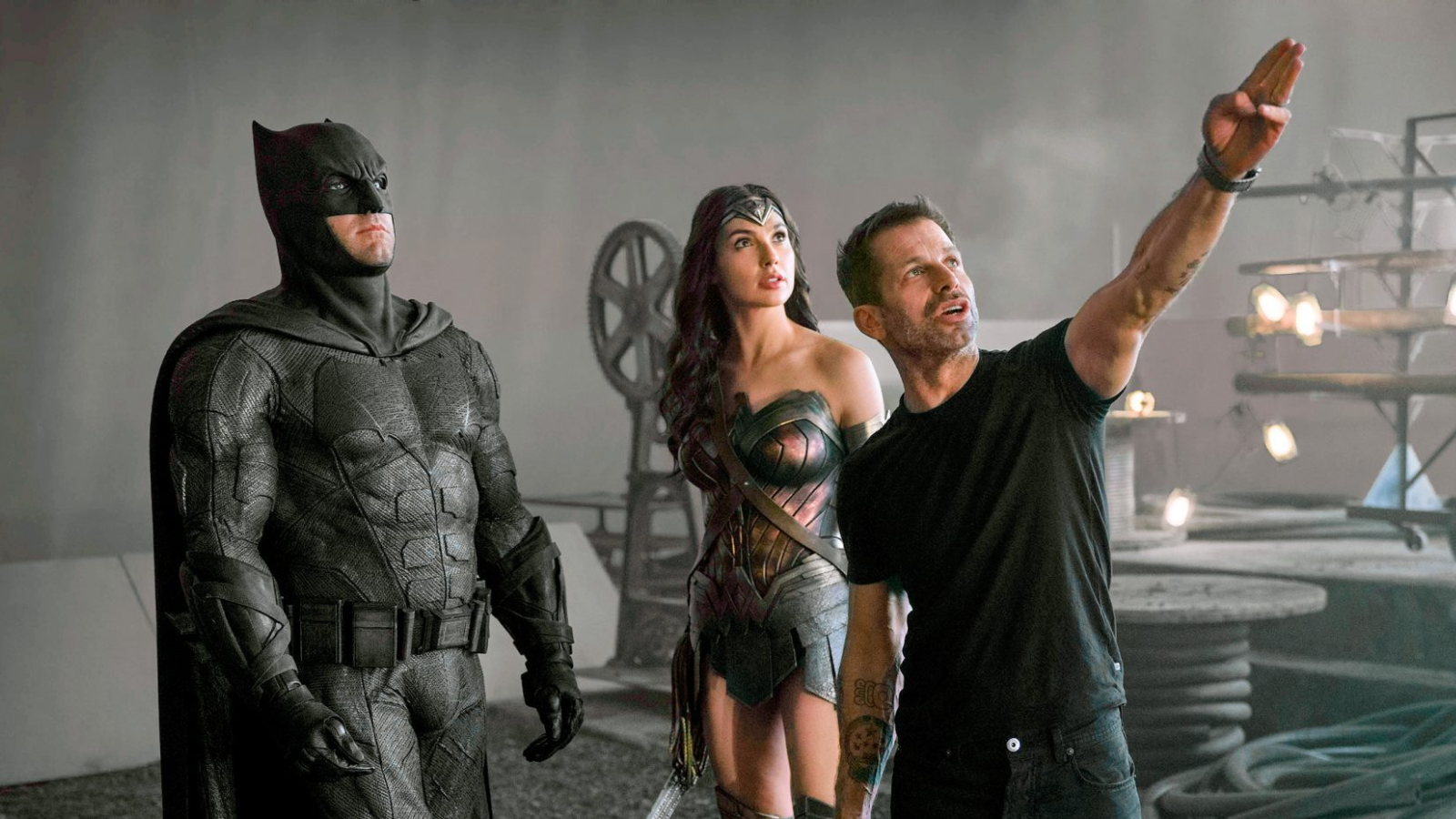

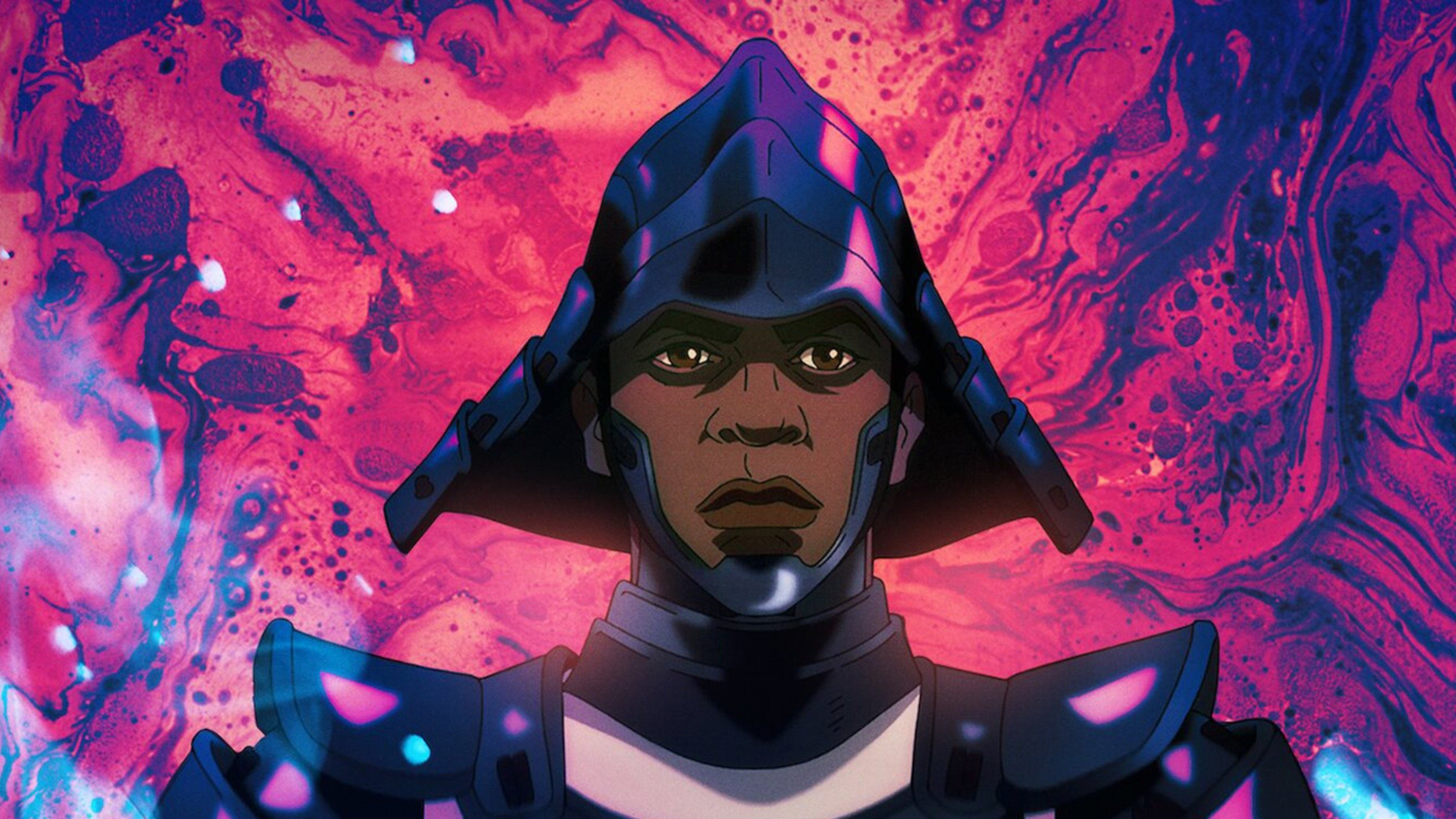
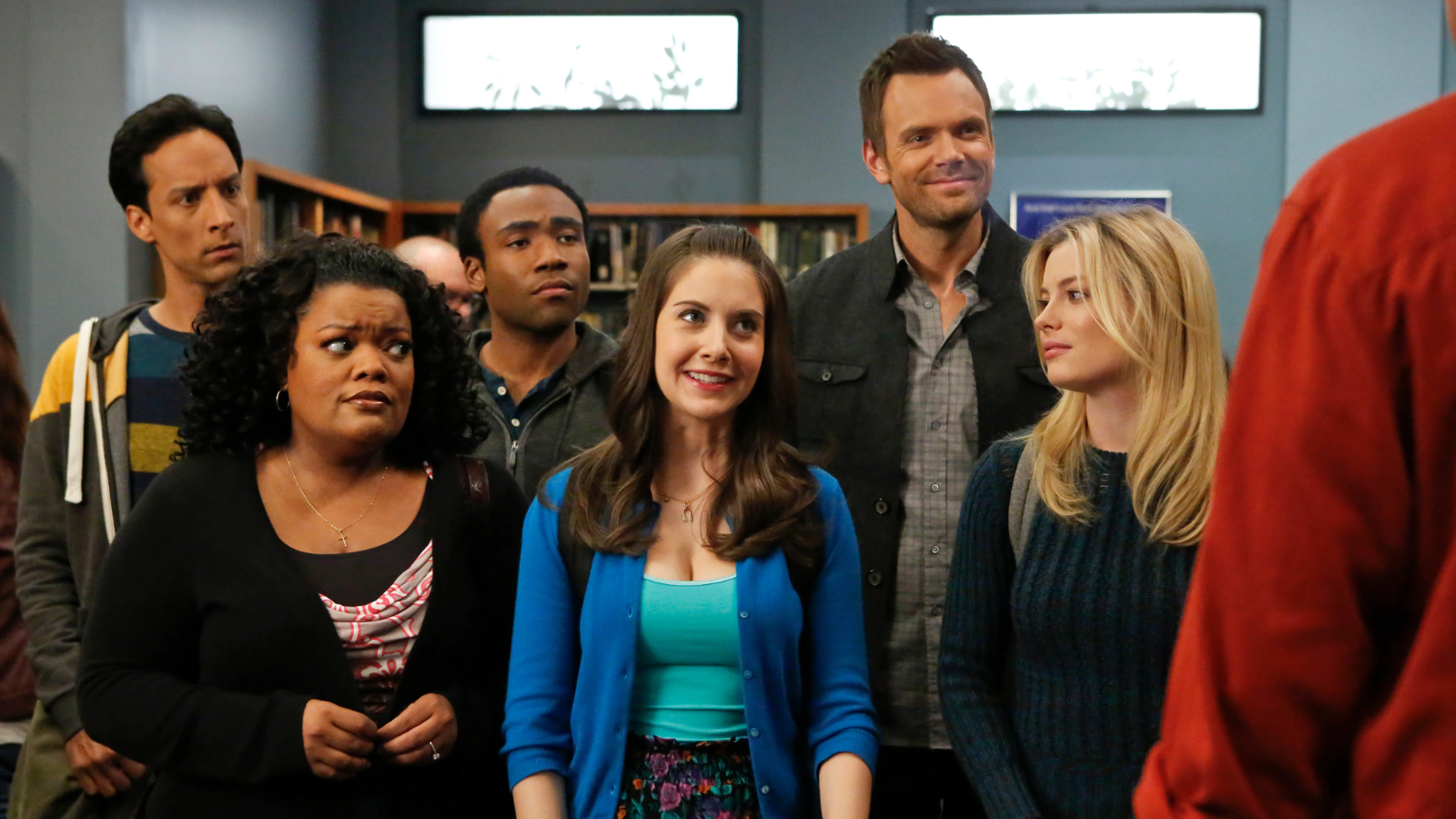


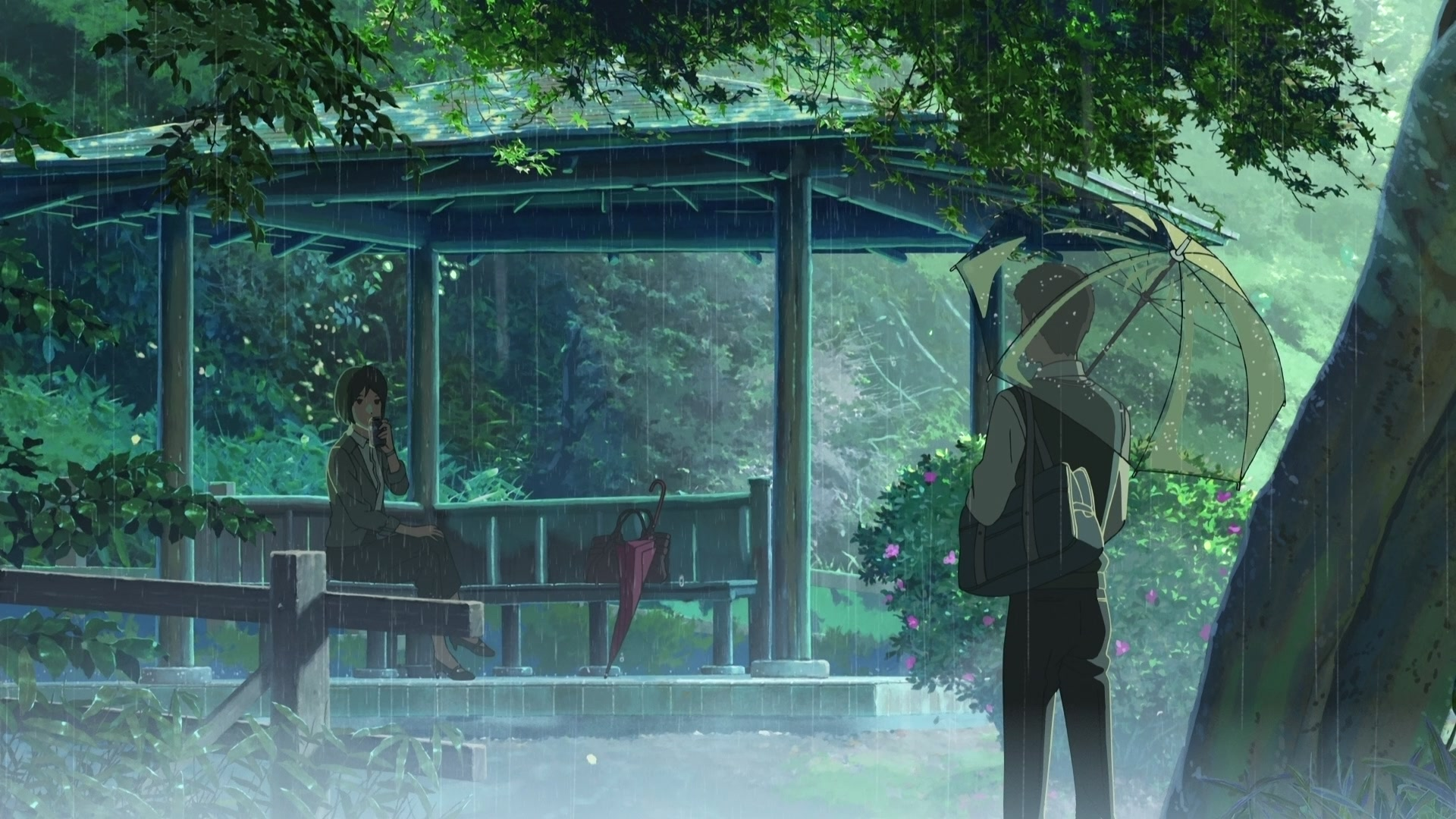


Leave a comment